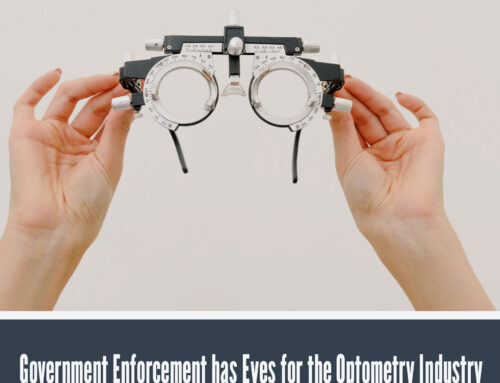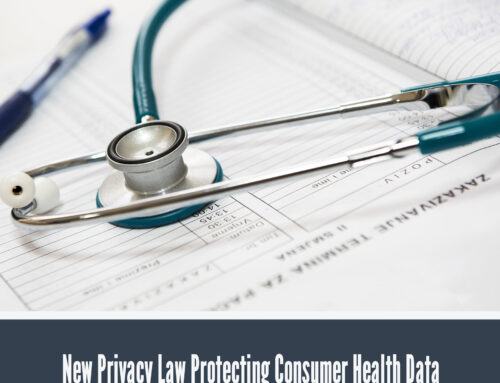Unified Program Integrity Contractors (“UPICs”) are the Centers for Medicare and Medicaid Services’ only program integrity contractors investigating credible allegations of fraud of Medicare Parts A & B and Medicaid programs. UPICs may refer cases to law enforcement agencies, refer patients for recoupment of identified overpayments, or may recommend administrative actions.
UPICs operate in five geographic jurisdictions and integrate the functions previously performed by ZPICs, PSCs, and Medicaid Integrity Contractors:
- Southwestern and Western UPIC – Qlarant Integrity Solutions;
- Northeastern and Southeastern UPIC- SafeGuard Services; and
- Mid-Western UPIC – CoventBridge
UPICs do not perform audits. They perform investigations, meaning any records request from a UPIC should be taken seriously. UPICs rely heavily on data to identify anomalies that are suggestive of fraud. Types of common data outliers include:
The impossible or improbable day;
- Higher utilization of a particular service than similarly situated peers;
- Unbundling;
- Upcoding; and
- Duplicate charges.
A healthcare organization’s compliance program should include reviewing its claims data for claims submitted to government healthcare payors. While examining the data, the organization should look for data anomalies and conduct an internal investigation if abnormalities are identified. The organization can employ a 3D approach to investigate the data anomaly.
- DETERMINE if self-disclosure of improper billing is necessary;
- DECIDE how your organization will explain the data anomaly if the billing behavior in question is proper; and
- DO more focused internal auditing in the future to ensure there is not a deeper issue.
If a healthcare organization or provider receives a request for records from a UPIC, the organization should:
- Strongly consider involving legal counsel;
- Comply with the deadlines in the request or communicate with the UPIC to request an extension;
- Diligently provide the requested records even if that requires obtaining supporting documentation from third parties and supplementing your responses later is needed;
- Keep copies of all correspondence and documentation submitted to the UPIC;
- Challenge the findings in the Initial Findings Report in writing; and
- If there is a demand for repayment, file an appeal through the required administrative law process.
A healthcare attorney can assist providers in following the self-disclosure protocols, conducting internal investigations, responding to UPIC records requests, challenging initial report findings, and filing an administrative law appeal.
Contact Mysty Blagg, Healthcare Attorney at Shipman and Wright, LLP for assistance is preparing for and responding to UPIC investigations.






